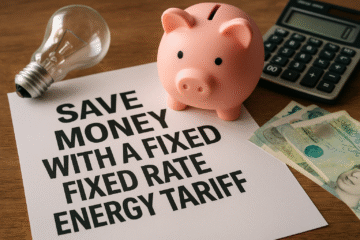Green Levies' Return Sparks Controversy
Government authorities face allegations of sneakily raising energy bills. They've reinstated green levies, costing households an additional £170.
An Eco-Friendly Move
Energy bills constitute various elements. Costs cover gas, electricity, operational expenses, and profit margins. Green levies represent an additional component.
These levies fund energy-efficiency initiatives. They discourage inefficient energy usage and promote sustainable substitutes. Green levies account for about 8% of energy bills.
Projects Backed by Green Levies
Levies finance eco-friendly efforts. Home insulation installations and the warm home discount are notable examples. The latter aid low-income households with heating expenses.
A Temporary Suspension
In October, Liz Truss declared a temporary cessation of the levies. This move came with a two-year energy bill cap of £2,500. This decision aimed to alleviate pressure on households due to surging costs.
Green levy-related policies continued receiving funds through general taxation.
The Reintroduction
From July onwards, Ofgem established a £2,074 annual price cap on dual-fuel tariffs. This change reflects reduced wholesale energy prices.
The expired energy price guarantee prompted the £170 green levies' return to bills. The government explained this change as a transition back to the previous model as the guarantee scheme phases out.
The Call for Change
Critics argue that taxes should finance the levies. These include energy poverty campaigners who demand that the government permanently support green initiatives via general taxation.
Simon Francis, from the End Fuel Poverty Coalition, voiced his preference for tax-funded energy efficiency and fuel poverty prevention programs.
Francis further clarified that these levies aren't an unexpected increase. Ofgem had already incorporated these costs in the new price cap. He also said a shift towards tax funding could lead to reduced bills this winter.
A Warming Winter?
If the government moves levy funding onto general taxation, we might see lower bills this winter. Such a decision could significantly ease the financial burden on households, especially those on low incomes. However, until such measures are implemented, the green levies remain, continuing to fuel heated debates over the best ways to fund eco-initiatives.






